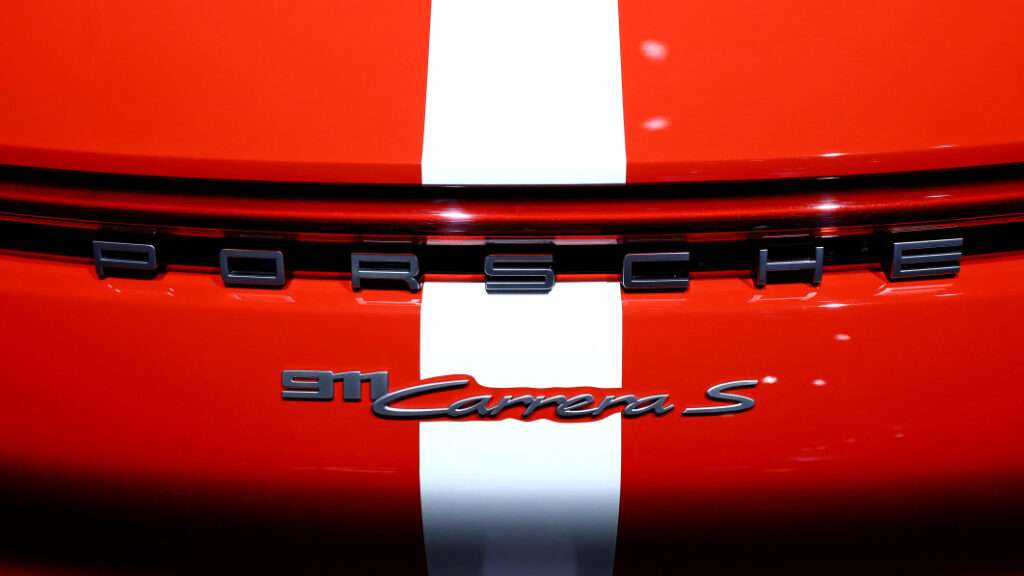Porsche profit rises on stronger sales, pricing power

Porsche AG’s first-quarter earnings jumped as luxury carmakers continued to show gains despite a slowing global economy.
Operating profit rose to €1.84 billion ($2.03 billion) while revenue increased to €10.1 billion in the first quarter, the company said Wednesday. That’s roughly 25% higher than last year, though it failed to impress investors watching for aggressive price increases. Porsche shares fell as much as 3.6%.
High-end carmakers like Porsche, Mercedes-Benz AG and BMW AG have proven to be less exposed to softening global demand and inflation that is hitting consumers. Still, economic uncertainties are weighing on the industry.
Porsche plans to increase prices by 4% to 8% in the second half of the year for new models in the U.S. and Europe, Chief Financial Officer Lutz Meschke said on a call with reporters. He added that the company expects the base prices for its electric vehicles to be 10% to 15% higher than the corresponding internal combustion engine models.
“The expectation when it comes to the BEV transition is that we can achieve a very high price premium,” Meschke said.
Porsche, which reiterated its 2023 guidance that margins would stay in a range of 17% to 19%, said its return on carmaking was 18.2% in the first quarter.
Automakers are still getting a boost from pent-up demand after supply-chain issues capped output, though uncertainty about global demand persists. Stellantis NV’s first-quarter sales climbed more than expected thanks to strong vehicle prices and higher shipments of models like the Jeep Compass.
But pressure on carmakers remains, particularly following Tesla Inc.’s decision to cut prices on its EV lineup, a drag on mid-segment electric models. Yet, for luxury carmakers like Porsche, analysts are watching whether they can raise prices more to offset higher input costs.
“They key thesis on Porsche is that they can push pricing in this environment,” said Bernstein analyst Daniel Roeska. “If that’s not happening, that’s the worry.”
The maker of the 911 sports car, which remains majority owned by parent Volkswagen AG since last year’s listing, is targeting a move further upmarket to battle Ferrari NV. The German company is planning an all-electric high-performance SUV above its battery Cayenne, slated for around 2026, as part of a plan to boost operating margins to more than 20%.
Porsche’s financial services unit was less immune from the impact of inflation and rising interest rates. In the first quarter, the division saw its operating profit fall to €86 million from €102 million on the valuation of interest rate hedges and derivatives, and said the share of leased and financed new cars declined to 42% from 46% last year.
Related video:







